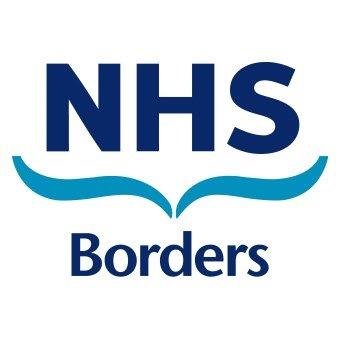Who to refer:
Patients who are believed to be having a flare of IBD can be discussed with GI nurse specialists if advice is needed.
Patients with severe symptoms should be admitted to hospital.
Patients who are new to the area with known IBD but who are not experiencing a flare can be routinely referred to gastroenterology via SCI gateway.
Who not to refer:
Patients with IBD who are felt to have other pathology unrelated to their IBD.
How to refer:
Patients who require admission to hospital should be discussed with the medical registrar on call.
